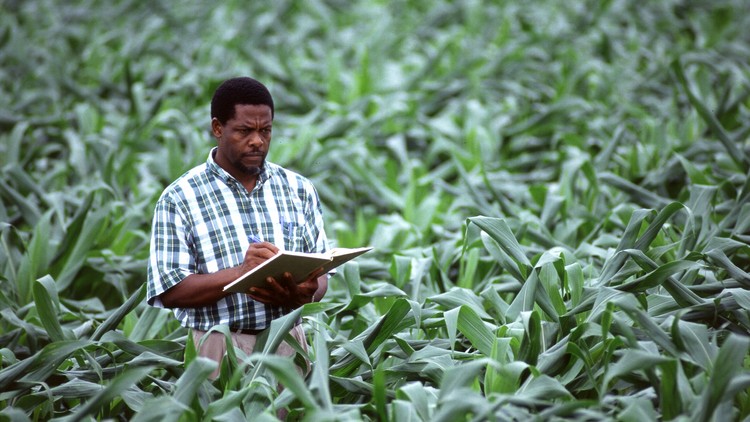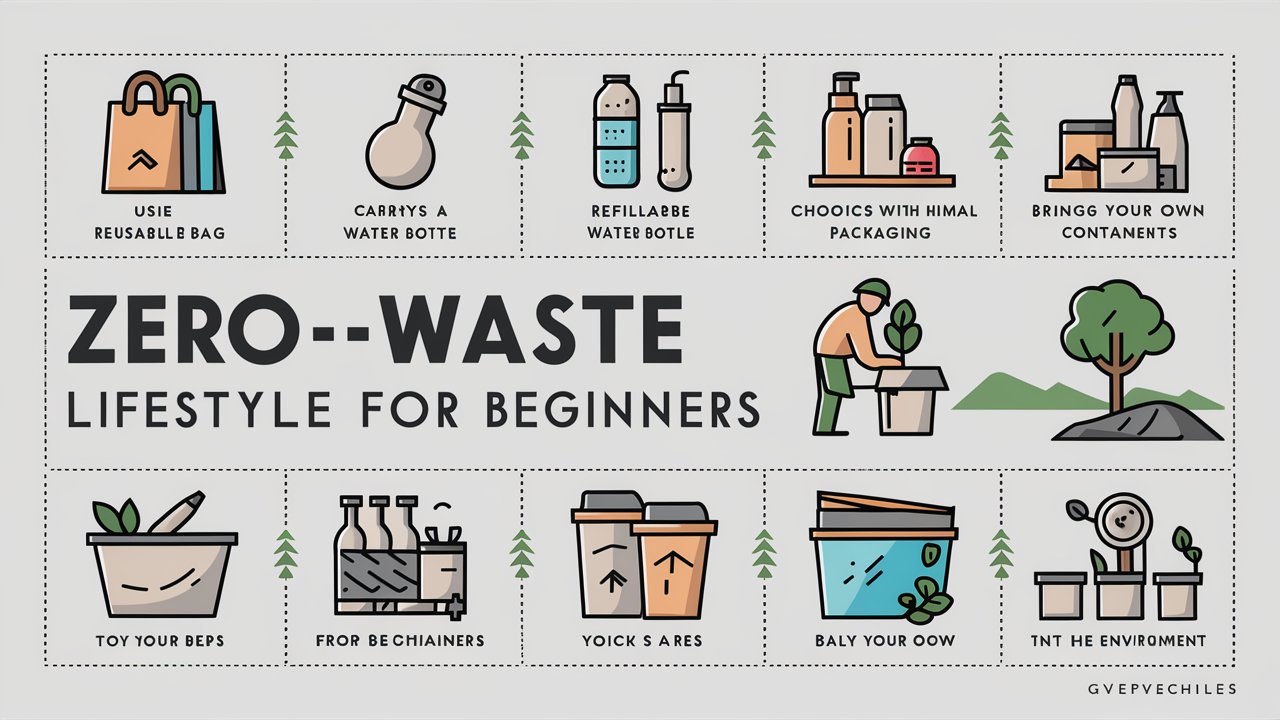Description
This course covers the principles and practices of sustainable agriculture, focusing on methods that minimize environmental impact while maintaining high crop yields. You’ll explore techniques like crop rotation, organic farming, permaculture, and integrated pest management, learning how these approaches can enhance soil health, conserve water, and reduce reliance on chemical inputs. The course also examines the role of sustainable agriculture in combating climate change, preserving biodiversity, and supporting local economies. Through case studies and practical examples, you’ll gain a deeper understanding of how to implement sustainable farming practices that benefit both the environment and food production systems.
Welcome to “Sustainable Agriculture Practices”! This course explores the principles and techniques of sustainable agriculture, aimed at promoting environmentally friendly, socially responsible, and economically viable farming methods. You will learn how to implement practices that protect natural resources, enhance soil health, and support local communities, all while maintaining productivity.
Syllabus
Introduction to Sustainable Agriculture
- Definition and importance of sustainable agriculture
- Historical context and current trends
Week 2: Core Principles of Sustainability
- Environmental, economic, and social pillars
- The role of sustainable agriculture in food security
Week 3: Soil Health and Management
- Soil composition and fertility
- Techniques for improving soil health
Week 4: Water Management and Conservation
- Irrigation practices
- Strategies for conserving water in agriculture
Week 5: Crop Diversity and Rotation
- Benefits of diverse cropping systems
- Techniques for effective crop rotation and intercropping
Week 6: Integrated Pest Management (IPM)
- Principles of IPM
- Tools and strategies for pest management
Week 7: Sustainable Livestock Management
- Pasture management and rotational grazing
- Animal welfare and its importance in sustainable practices
Week 8: Agroecology and Permaculture
- Principles of agroecology
- Introduction to permaculture design
Week 9: Local Food Systems and Community Involvement
- The role of local food systems in sustainability
- Strategies for community engagement and education
Week 10: Future Trends and Challenges in Sustainable Agriculture
- Innovations in sustainable practices
- Addressing climate change and resource scarcity
Conclusion
By the end of this course, you will have a thorough understanding of sustainable agriculture practices and their applications in real-world farming. You will be equipped with practical tools and knowledge to promote sustainability in agricultural systems and contribute to a healthier planet.






Olushola –
“The ‘Sustainable Agriculture Practices’ online course is an invaluable resource for anyone committed to environmentally responsible farming. The instructors’ passion for sustainability shines through in their engaging lectures and insightful discussions. The course material is comprehensive, providing a thorough understanding of sustainable crop and livestock management, soil health, and water conservation. I highly recommend this course to farmers, land managers, and anyone seeking to promote sustainable agricultural practices.”
Anayo –
“The ‘Sustainable Agriculture Practices’ online course has been an invaluable resource for my farming journey. The comprehensive curriculum covers the latest techniques in sustainable farming, empowering me to adopt eco-friendly practices that enhance soil health, reduce environmental impact, and increase crop yields. The expert instructors provide clear guidance and engaging content, making learning both accessible and enjoyable. I highly recommend this course to anyone seeking to cultivate a sustainable and profitable farming operation.”
Labaran –
“I was thoroughly impressed with the ‘Sustainable Agriculture Practices’ online course. The expert instructors provided valuable insights and practical tools to enhance our farming practices. The course content was well-structured and easy to follow, making it accessible to both beginners and experienced farmers alike. By adopting the sustainable techniques taught in this course, we have significantly improved our crop yields, reduced environmental impact, and fostered a more resilient agricultural system.”